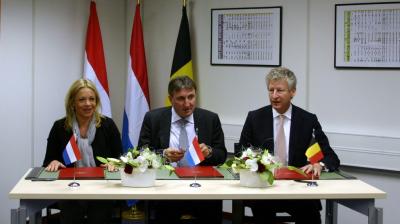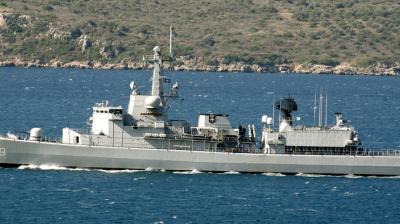Clingendael Report: Sovereignty and defence cooperation
This Clingendael Report assesses the role of parliaments in deepening defence cooperation by looking at the cases of the Netherlands and its main partners, Germany and Belgium. It argues that the involvement of parliaments in deeper defence cooperation can be improved without diminishing policy effectiveness. Legitimacy and trust are singled out as two elements of central importance. Therefore, also alternative options where parliaments can be involved in defence cooperation are discussed. The report rounds off with recommendations on how to bridge the various conceptions of sovereignty and reconcile them with deeper defence cooperation.
Sovereignty
The concept of sovereignty in defence cooperation has often been understood as that of a show-stopper, throwing up boundaries for further cooperative options. Simultaneously, however, the concept is increasingly invoked as legitimising further steps in defence cooperation. In that understanding, sovereignty is not just a legal attribute of states, but a quality that must be earned in an interdependent world. This raises questions as to the meaning of sovereignty.
Europe's growing security challenge
This is relevant, because the deepening of defence cooperation in Europe will sooner or later infringe upon individual countries’ ability to take autonomous decisions. The growing responsibility of Europe for security in its own neighbourhood combined with the further decrease of resources available for defence necessitates more and deeper cooperation among European and Transatlantic partners. Cases in point are the Belgian, Dutch and Luxembourg plans for joint surveillance of the Benelux airspace for Quick Reaction Alert and Renegade tasks and the integration of the Dutch Air Mobile Brigade into the German Division Schnelle Kräfte.
Unravelling the debate
This report finds that two discourses on sovereignty and defence cooperation can be distinguished. One where sovereignty is understood as 'independent authority' and the other where sovereignty is conceived as 'the ability to act'. Without unravelling which type of ‘sovereignty’ is meant, the debate on how the issue of sovereignty complicates defence cooperation will remain confused. Parliaments play an important role in reconciling the two different discourses as there are ways to improve their involvement in deeper defence cooperation without diminishing policy effectiveness.




